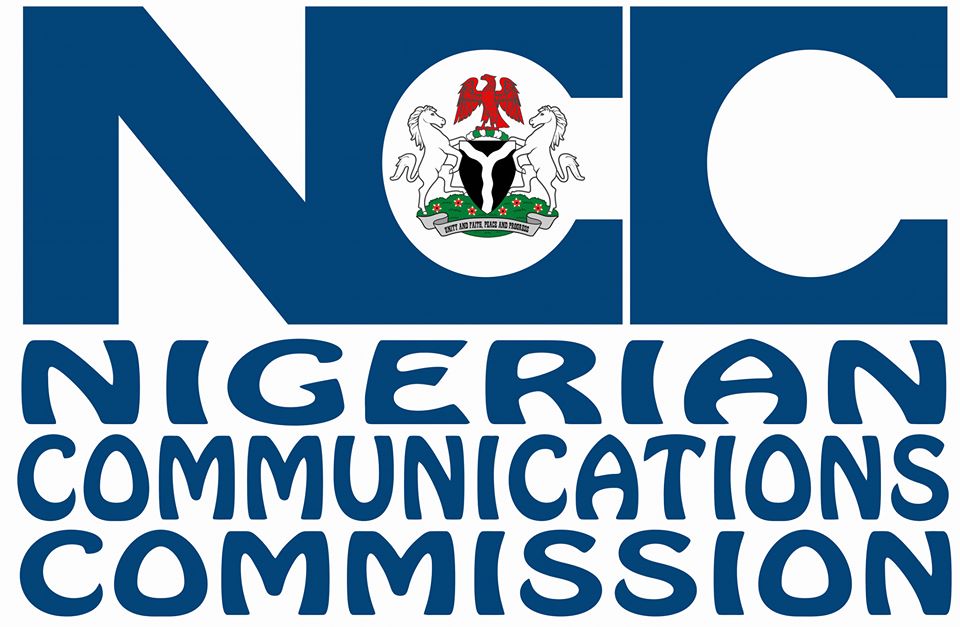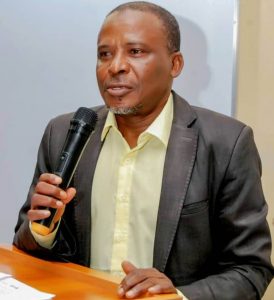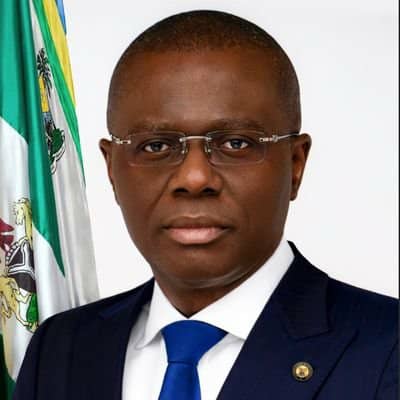Buhari, Emefiele And The Cash Crunch
By Kazeem Akintunde
President Muhammadu Buhari last week Friday pleaded with Nigerians to give him seven days to find a lasting solution to the hardship most are going through in a bid to get the newly introduced naira notes as well as the fuel shortage that has crippled both social and commercial activities in most parts of the country. Buhari, during a meeting with the Progressive Governor’s Forum, was emphatic that the cash crunch would be resolved within seven days.
The seven days Buhari requested for has come and gone but rather than the crisis to be resolved, it has worsened. True to the popular saying “A hungry man is an angry man’, the anger of most Nigerians boiled over when they took to the streets in major cities in the southwest to give voice to their pent-up frustration.
In Ibadan, the Oyo State capital, protesters, who were mainly youths, took to the streets to protest the unending fuel queues and the non-availability of the new naira notes. The Ibadan end of the Lagos-Ibadan Express road at Iwo Road was the protest point as the youths prevented vehicular movement in expressing their anger while hoodlums hijacked the protest to rob members of the public of their hard-earned money and phones. It was not long before the protest spread to other parts of the city and Governor Seyi Makinde had to plead for calm. He also announced a series of palliatives to Oyo residents in a bid to ameliorate the suffering of the people.
The situation in Abeokuta, the Ogun State capital, was more volatile, as youths took their frustration out on commercial banks in the town who could not come up with funds kept in their custody. Police and soldiers had to be deployed to maintain the peace and by the time the dust settled, one of the protesters was fatally shot. But for the quick intervention of medical officers at the Federal Medical Centre, Idi-Aba, Abeokuta, the young man, identified as Taiwo Michael, would have given up the ghost.
Sensing there could be a breakdown of law and order in Lagos State, Governor Babajide Sanwo-Olu had to roll out a series of measures to assuage the sufferings of Lagosians. He directed the creation of a food bank where the downtrodden can get food to eat while also slashing the transport fare on all government-owned buses, railways, and ferries by 50 per cent.
Nigerians have never had it so rough. A routine policy in most parts of the World such as currency swap has now been turned into rocket science that we could not implement in Nigeria without chaos. How can the Central Bank of Nigeria, CBN, mop up about N2 trillion from circulation and inject only N300 billion, all in a bid to stop politicians from using money to get into office and forcing a cashless policy down the throats of Nigerians in such a heartless manner?
Agreed that the cashless policy is the way to go, but are we really ready for it? How many Nigerians have Bank accounts? How many of us are internet savvy to enable us operate Internet Banking? How many Bank branches do we have in our rural areas? Should my grandmother selling pap in the village also get a PoS machine or how would she be paid for her N50 pap besides with cash? Iya Eleko does not even have a bank account. And her case is the same for thousands in our villages. Is the president aware that many Nigerians have lost their lives due to the current cash crunch? People have money in their accounts and are unable to access it due to no fault of theirs.
I shed tears when I read the story of a pregnant woman in labour whose husband could not come up with the needed fund to buy drugs and other consumables that would ensure safe delivery until the woman gave up the ghost. Would the man ever be happy with Nigeria? May Nigeria never happen to us!
This currency redesign is creating anguish for most Nigerians and the president should take the blame. Agreed that the CBN has the mandate to introduce and change currency as well as manage the economy. But the buck stops at the table of the president to ensure that the policy is in line with realities on ground. Nigeria is not fully ripe for a cashless society. In major cities across the country, over 50 per cent of our transactions are still done through cash while in the rural areas, it is over 90 per cent. Yet, we have not done anything significant to improve our IT infrastructure nor equip our banks to cope with the expected deluge once the cashless policy comes into operation. It was therefore not surprising when most Banking IT infrastructure crashed and many of the online payment channels also collapsed with the demand for the new naira notes.
The Institute of Charted Accountants of Nigeria, ICAN, expressed similar sentiments last week when it stated that our IT infrastructure is not fully ripe to cope with a 100 per cent cashless system. “The current cash-in-hand challenge has revealed the weaknesses in our alternative financial payment solutions. Accordingly, we encourage the deposit money banks, telecommunication and fintech companies to ramp up investments in their systems and processes towards improving the quality of their services in the Nigerian economy in the shortest possible time”
Aside from that, many IT experts are leaving the country in droves, and the banking sector is one of the most hit in the country. Many young and upwardly mobile Nigerians have left the country for greener pastures and many are not thinking of coming back any time soon.
Those still in the system are having a raw deal coping with the anger of frustrated Nigerians. It is so bad that some of them have to escape the wrath of Nigerians by scaling fences and using the back doors of their offices. They are no longer safe performing their duties due to no fault of theirs. In most cities and towns, angry customers besiege Banks and ATMs daily, all in a bid to withdraw cash, yet they could not get anything. The doors of some banks are permanently under lock and key, to prevent attacks on their staff. People now wake up as early as 4 a.m to trek to the nearest bank, hoping that per adventure, some cash would have been loaded overnight and they may be lucky to get some.
Where the Banks are open for business, Bank officials now plead with their customers to manage N1,000 or N2,000. Old and worn-out N10, N20, and N50 naira notes are now used to pay Nigerians. To get N10,000 from PoS operators now, the charge is as high as N2,000 in some areas. Yet, some of the bank managers have been accused of hoarding new notes which they sell to PoS operators. We now use our hard-earned Naira to buy naira in Nigeria. What a country!
As expected, Nigerian politicians have compounded the whole issue and are now thinking of how to feather their nest from the people’s misery. Some are calling for the sack of the CBN governor, Godwin Emefiele, as well as for an extension of the deadline for the currency swap. Others are in support of his action and have held rallies in his support. Are we normal in this country? Now the battle has shifted to the Supreme Court.
APC Governors of Zamfara, Kogi, and Kaduna States took the federal government to the Supreme Court to seek an interim injunction against the CBN and the federal government to allow the old N200, N500 and N1,000 notes to remain legal tender beyond February 10 deadline until the case is fully disposed of.
The Apex Court granted the relief sought by the governors and fixed February 15 to hear from the federal government and the CBN. Bola Tinubu, the presidential candidate of the ruling APC is on top of the world, jubilating that the Supreme Court had saved the masses from a policy embarked upon by his own party while the opposition political party led by Atiku Abubakar is staunchly opposed to an extension.
Apparently not amused by the turn of events, Buhari, who pleaded for seven days to find a solution to the cash crunch and the near collapse of the economy convened a council of state meeting to seek advice from past leaders and state governors. At the end of the meeting, the former leaders advised Buhari to allow the CBN to print more new naira or recirculate the old notes in a bid to reduce the sufferings of Nigerians.
Now, we have been told that the CBN is considering printing the new notes outside the shores of Nigeria. When the CBN broached the idea of redesigning the naira, Buhari’s only condition for granting approval was that the new naira must be printed in the country and he was assured that the Nigeria Security Printing and Minting Corporation, NSPMC, is up to the task. But it is clear to all that NSPMC lacks the capacity to print the naira in large quantity and within a short time. In actual fact, most Nigerians have complained of the shoddy job done by the NSPMC on the new naira notes and have come to the conclusion that the durability of the new notes is suspect.
Now, with few days to the conduct of the general elections, there are fears that the polls may be shifted as the current situation does not auger well for elections in the country. INEC Chairman, Mahmod Yakubu has, however, assured Nigerians that the polls won’t be shifted and that the commission is ready for the conduct of the polls.
How soon will the CBN gets more new notes into circulation is yet to be seen. Again, it is still not clear whether the apex bank will allow the old notes to return into circulation as directed by the Supreme Court. What is however clear is that there could be a run on commercial banks once the dust settles as many Nigerians have lost hope in the banking system. I hope the CBN has not indirectly given room for another round of failed banks in the country. The poor masses among us may elect to keep the little they have under their pillows at homes henceforth.
See you next week.



